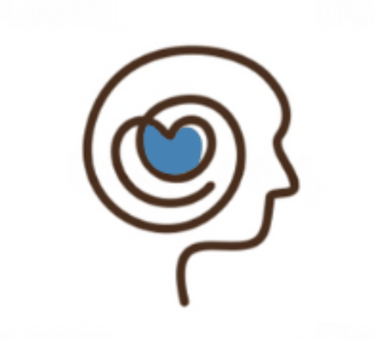Body Image and Self-Worth: Unraveling the Connection for Youth
Young people face immense pressure on appearance from peers, family, and social media, profoundly impacting self-esteem and body image.


In recent years, young people, in particular, face immense pressure regarding their appearance. Whether influenced by peers, family, or social media, the pervasive emphasis on looks can profoundly impact self-esteem and body image. This causes a range of emotions and thoughts that can either bolster or undermine one’s confidence.
Body Image and Self-Esteem
Body image encompasses how one perceives one's physical self, how one believes others perceive them, and their feelings, thoughts, and behaviors related to their body (Brazier, 2023). When people have a positive body image, they tend to have a healthy and realistic perception of themselves, appreciating their body for what it is and valuing its capabilities rather than just its appearance. In contrast, a negative body image often involves dissatisfaction and a distorted view of one's body, leading to harmful behaviors and emotional distress.
Self-esteem is closely intertwined with body image, reflecting an individual's overall sense of worth and self-value. When a person has a positive body image, they are more likely to feel confident and have higher self-esteem, positively influencing their well-being and social interactions. On the other hand, a negative body image can significantly lower self-esteem, as individuals may constantly compare themselves to society’s standards. This can lead to various negative outcomes, including social withdrawal, anxiety, depression, and, in severe cases, eating disorders and other harmful behaviors. Low self-esteem can affect many aspects of life, including academic performance, social relationships, and overall mental health.
Effects of Low Body Image and Self-Esteem
There are many documented cases of depression resulting from unfulfilled and unrealistic standards of body image. For example, a 2017 observation found that over half a million 8th to 12th graders experienced a 33 percent increase in high levels of depressive symptoms between 2010 and 2015. This also correlated with a 65 percent increase in the suicide rate for girls in that age group during the same period.
Other health-related disorders, such as eating disorders or sudden weight loss, are also consequences of low self-esteem and negative body image. Anorexia nervosa, an eating disorder typically affecting adolescents or young adults, can be fatal. Individuals with this disorder often perceive themselves as fat, even when they are dangerously underweight, and follow extremely restricted diets. Another eating disorder, bulimia nervosa, involves binge eating followed by purging through vomiting. This behavior can cause sore throats and, if done regularly, can lead to heart attacks. Sudden weight loss can cause numerous side effects, including muscle loss, lower metabolism, nutrient deficiencies, and gallstones.
Tips for Improving Body Image and Self-Esteem
If you are struggling with low body image and/or self-esteem, do not fret; you are not alone. Here are a few tips that can help:
Tip #1: Utilize Available Resources
Here are a few organizations ready to support you:
National Eating Disorders Association (NEDA): This non-profit organization assists in preventing eating disorders, providing treatment referrals, and increasing awareness of eating disorders and body image.NEDA
Child Mind Institute: This charity helps families and children struggling with mental health and disorders by providing the assistance they need. Child Mind Institute
The Body Positive: This organization aims to help people feel more positive about their bodies and reverse the consequences of negative body image. The Body Positive
Tip #2: Focus on What Your Body Can Do
Instead of berating yourself for your body's appearance, appreciate what it can do, such as running, dancing, or just being healthy. Being appreciative of yourself will not only improve your mental health but also increase enjoyment and fulfillment in your life.
Tip #3: Set Boundaries on Social Media
Taking "detox" periods from social media can help break the cycle of social comparison, conquer the fear of missing out, and improve your overall mood. Regularly scheduling these mini-breaks can boost your self-esteem and overall happiness.
Tip #4: Surround Yourself with Positive People
Engage in communities that value diversity and promote positive body image. Seek out books, movies, and other media that portray a wide range of body types and challenge traditional beauty standards. Surround yourself with like-minded, positive people who can help uplift each other
Sources:
